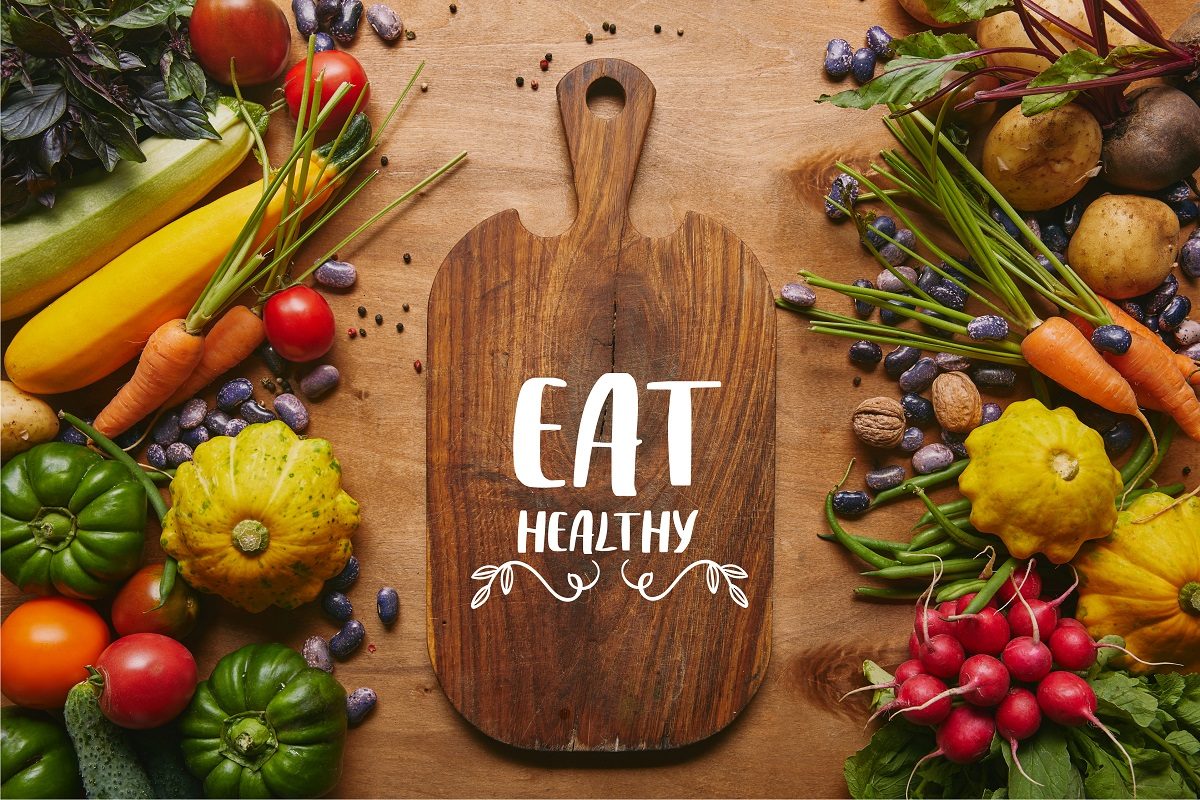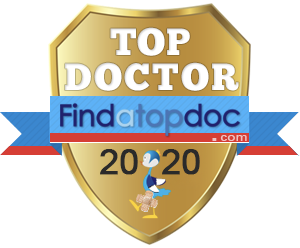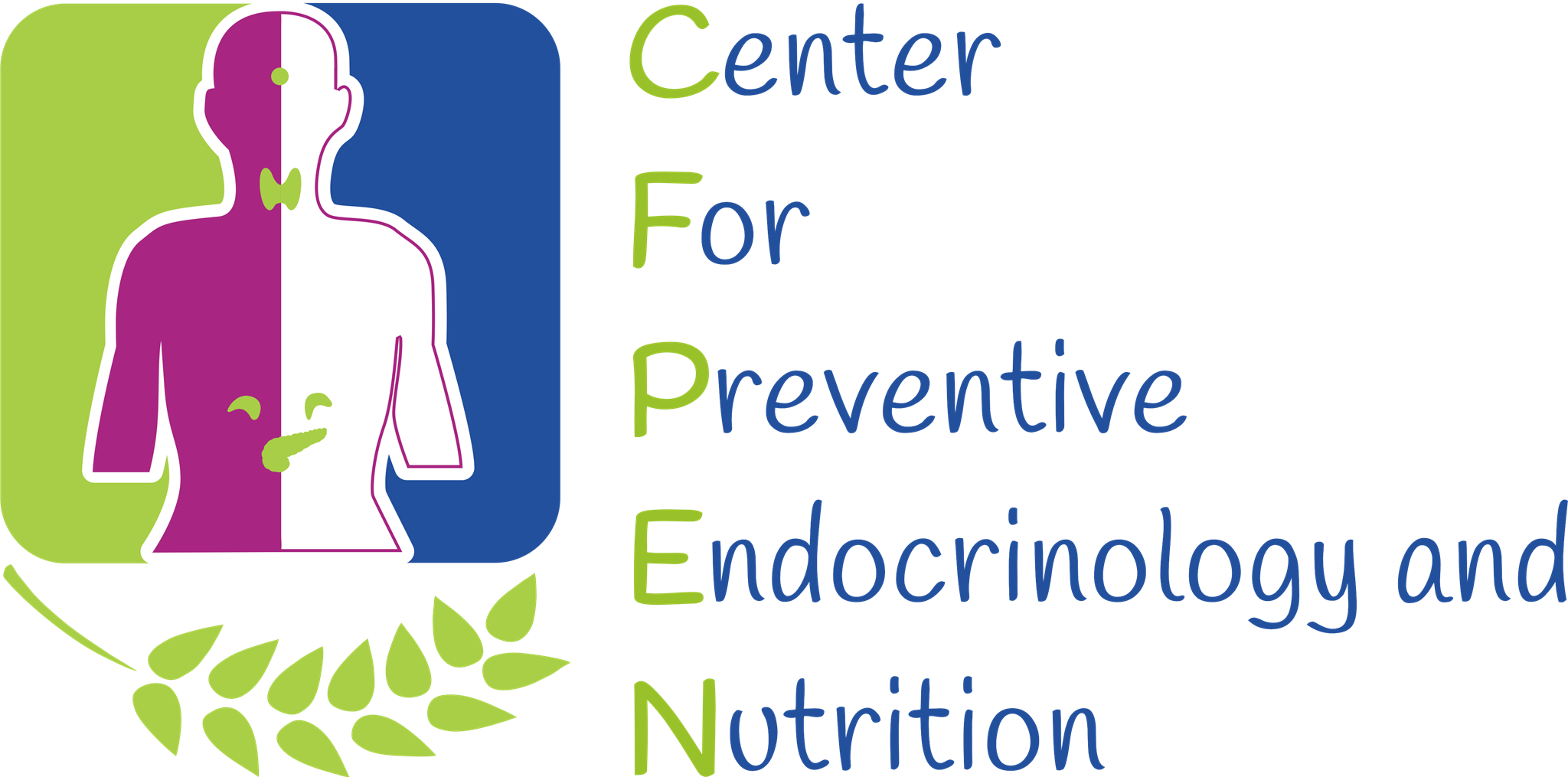In today’s time of information age, we are exposed to so many avenues of information through internet, social media and so forth. There is a ton of information relating to nutrition and what constitutes a healthy diet. The dilemma is that a new diet or a reincarnation of a diet is in news every few months and pendulum keeps going from one end to the other end! No surprise that people are confused about what to eat and they go through this yo-yo dieting phases and in turn causing more harm to their healths than if they had not started on this yo-yo process in the first place. Having said, that the Standard American Diet which is abbreviated as SAD is truly a SAD way of eating and keeping status quo is not at all a good option. So in this blog I am going to attempt to cover some basics of an optimal diet and try to bring some clarity to what constitutes a healthy diet.
Quality versus quantity of calories
If one is a eating 4000-6000 kcal of food per day, and is having a very sedentary lifestyle then no matter how you reduce it but if you go down to 2000-2500 kcal per day then you are going to lose weight. But once you hit the 2000 kcal per day mark, the quality of the calorie becomes more important than the quantity of calorie for overall health. What I mean to say will be better demonstrated by an example, i.e. one can have 2000 calories coming from just liquid diet of soda and/or juices through the day versus 2000 kcal of eating actual solid food. The effects of each of this although calorically speaking same would be widely different. The calories coming from soda and juices will have high glucose and fructose and especially fructose which can only be processed by the liver. Beyond 20-25 grams of fructose a day can easily overwhelm your liver’s capacity and lead to more fat deposition in the liver and lead to fatty liver change, which you want to avoid at all cost. Secondly, because you are drinking your calories, the normal mechanism of chewing in mouth, churning in stomach and so forth which provides us satiety signals to the brain are bypassed and so in spite of getting 2000 kcal from liquids you don’t feel satiated, no to mention all the harmful chemicals and acid that you are also ingesting in the soda! On the other hand if you are eating 2000 kcal of whole plant foods like vegetables, beans/legumes, fresh fruit with its natural fiber, whole grains, handful of nuts then you are getting all the essential minerals, vitamins, protein, fat, carbohydrates, fiber and water as a combination in all those foods. At the same time having the satiety of eating them as they are loaded with natural fiber which is not only giving us satiety but also providing insoluble fiber which is the food for the healthy gut microbiome so it’s win-win!
Another very important concept to understand is nutrient density of food. Dr Joel Fuhrman, a physician, author and pioneer in field of nutrition and health has put forth that Nutrient density of food = nutrient content of the food/ total calories in that food (N=H/C). So as you can see we want to focus on eating foods which are higher in nutrients and relatively lower in calories by which we can achieve the dual goal of satiety and nourishment from the food you eat. And when I am talking about nutrients, I am mean to say combination of seven things in particular; macros like carbohydrates/fat/proteins and micronutrients like vitamins/minerals, very important fiber and water. Our body composition is more than 70% water so water is a very important nutrient of healthy diet and hence counting it as nutrient. The foods which would satisfy the requirement of these seven different things are different variety of whole plant foods. So as mentioned earlier different seasonal vegetables, fresh fruits, beans/lentils and whole intact grains likemillet/barley/rye/brown rice/amaranth/teff/oats/bulgar wheat/quinoa/buckwheat and handful of plain raw nuts would satisfy all the checkboxes for the 7 nutrients listed earlier. On the other end, animal foods like different types of meats from fish to steak, eggs/poultry and dairy are naturally higher caloric foods, high fat/protein but not a lot of carbohydrates/vitamins/minerals/water and 0 fiber! So it naturally makes sense that we gravitate towards eating more whole plant foods and less of the animal foods. If one is eating whole foods plant based even 90-95% of the time then one would not have to be worrying about portion control or calorie counting! The fiber and nutrients in the plant foods provide you the satiety and are still relatively lower in calories so you can lose excess weight and get all other health benefits along in spite of eating lots of tasty foods! The only exception to this rule are nuts/seeds/dry fruits and avocado. Hence having a handful of nuts/seeds a day and around 1-2 avocados a week will give you a lot of essential nutrients and at the same time not overdo the energy balance. Eating for health is not and should not be a dull experience but rather an adventure of tastes and textures.
Too much focus on macronutrients
Every few weeks or months we see a new diet that claims a lot of health benefits and drastic weight loss! The buzzwords are either high fat or high protein or low carb and so forth. These stem from the carbohydrate-insulin hypothesis. The hypothesis says that carbohydrate consumption increases release of insulin in our body which leads to more fat storage and weight gain so we can have some permutation/combination diet that can reduce the need for carbohydrates then we can reduce release of insulin. This hypothesis is wrong on many accounts and has been debunked but not to bore the reader with technicalities will try to explain that in simpler terms.
Firstly, it is faulty to assume that only carbohydrates would cause release of insulin because the medical science and literature has well documented evidence that even protein and fat causes insulin release in the body. Secondly, insulin is actually involved in metabolism of carbohydrate, fat and proteins so much so that if we were to not make insulin then the body will start breaking down fat stores and muscle to turn it into glucose and ketones and when above a certain degree of ketone production is reached, our body becomes so acidic that it can not naturally keep with getting rid of all those ketones. End result, one ends up in the hospital on a ventilator in an ICU in the state of ketoacidosis and even with the best treatment carries a close to 30% risk of dying. So we need to stop thinking of insulin as a bad thing and rather think of it as an essential hormone for human survival.
Having said that, we do not want insulin levels to run high throughout the day in our body because that also leads to many different diseases including cancer growth, heart disease and diabetes. Wait a minute, I just said insulin is high then why do you get diabetes! Answer is that although insulin is higher than normal, it is running high in the first place because the liver and muscle and other tissues in our body are not responding to the insulin as they should, leading to something we call insulin resistance. And that insulin resistance is coming from excessive build up of fat inside cells and chronic inflammation from higher consumption of animal protein and saturated fats which through complex pathways causes derangement in insulin action.
There has been a push in public health messaging that we think of foods in singular fashion instead of looking at them as a combination of different nutrients. To demonstrate what I am attempting to explain, for e.g, when one looks at a fruit they see “high sugar” but they are missing the varied minerals, vitamins, water, some fat, fiber and lots of water that makes it a complete package. Even fruits have small quantities of protein like a cup of blueberries will have close to 2 grams of protein. Another example, one looks at beans and thinks, it’s all “carbs” but in reality it has complex carbohydrates with fiber, protein, some omega-3 fats, vitamins and minerals. One more example, one looks at a sweet potato and says it’s all “carbs” but again we are missing the fiber, protein, beta carotene along with B vitamins and other minerals in it that come as a complete package. Also because of fiber and different nutrients in whole plant foods, the nutrient density is high and calories relatively lower. Thus, instead of focusing on increasing or decreasing the percentage of different nutrients (high fat/high protein/low carb) and going bonkers in an effort to get that ratio correct, there is a better alternative of eating the right variety foods which due to its inherent varied nutrient composition gives you the needed nourishment. So a whole foods plant based lifestyle will satisfy all the requirements of a healthy nutrition. I am using the word lifestyle and not diet because that’s what it is. The idea to go away from yo-yo dieting and slowly but steadily transition to a whole foods plant based way of eating which is nutritious, satiating, sustainable and leads to optimal health. Some one can make that transition drastically and stick with it and someone may need to work themselves into it slowly. Whatever may appeal to you but do make the change in direction of consuming more whole plant foods and less animal foods. When I say whole foods, I mean consuming plant foods in least modified or processed version from how we find them in nature. Ofcourse, some plant foods like all fruits and some vegetables can be consumed raw, but you have to cook the beans/tubers/whole grains for consumption. Having that combination of cooked and raw foods in better than either or scenario.
What proportion of foods to consume?
Again nature has designed foods in the right combination so if we can focus on getting half of our diet in form of seasonal vegetables and variety of beans/lentils, one quarter as fresh seasonal fruits and remaining quarter of daily food as cooked intact whole grains with a handful of plain raw nuts like almonds & walnuts; we will getting all the necessary nutrient needed in the right combination. Not to forget drinking adequate quantity of clean water. Instead of trying to drink water by a number of glasses, as whole plant foods also have lot of water, drink additional water guided by the goal of keeping your mouth feeling moist all the time and keeping the color of urine light yellow or transparent. Now yes, there are going to some individual variations in the proportions of the foods depending on the built of the person, their activity level and their physiology but overall the guideline of foods I described satisfies a large majority of people.
Concerns about getting adequate protein eating whole plant foods can be put to rest by the fact that each of the whole plant foods viz- vegetables, beans, whole grains, nuts/seeds and even fruits have a varying variety of protein and plant proteins have been shown to be better for kidney health and overall health in different meta-analyses compared to animal protein. Secondly, more and more professional athletes are turning to plant based nutrition because they are finding improvement in their athletic performances and better recovering from workouts on plant based diet compared to animal foods and high protein based diets.
Similarly concerns about getting adequate calcium, can be put to rest because calcium found in different whole plant foods like beans, vegetables especially leafy greens, whole grains, fruits and nuts is found in an alkaline environment, so absorption of that calcium into body is more efficient. Also due to majority of whole plant foods being alkaline in nature, the body’s buffer system that maintains pH balance is least utilized. The scenario where one is consuming large amounts of animal foods which are all acidic including dairy leads to higher stress on buffer system to maintain pH balance. The best buffer that body has to neutralize acid is calcium. 99% of calcium is found in our bones so when one consumes acidic animal foods, one ends up leaching more calcium out of the bones and lose more via urine. On the contrary when one focuses on consuming whole plant foods then due to lower need for buffer, calcium stays in bones and urine calcium loss is kept low. In turn requirement for calcium reduces too and hence plant based sources of calcium are more than adequate for day to day calcium needs.
One more common concern is about iron deficiency if eating whole plant foods. The form of iron in plants is not directly absorbable like heme iron from animal foods but there is a very important caveat here. Plant foods naturally have combination of vitamin C and other nutrients which can enhance the absorption of iron and secondly the amount of iron per 100 kcal in plant foods is higher than 100 kcal of animal foods including meat. Also the heme form of iron is very inflammatory for tissues so much so that heme is considered independent risk factor for heart disease. Thus, a well planned whole plant foods diet is more than enough to meet the iron requirements of different phases of life and activity levels.
What do the long living populations in the world eat?
Lets for a moment, forget about all the body and strength of research showing that eating a whole foods plant based diet is optimal for our heart, kidneys, reducing risk of diabetes/cancer and overall health. Lets ask ourselves the question that what is the secret in terms of their nutrition. National Geographic undertook a very detailed project headed by Dan Buettner and they looked at all the five areas around the world which have population of people living 100 years or longer thriving active lives. These regions were called Blue Zones and are located in Loma Linda in California, Nicoya Peninsula in Costa Rica, Icaria in Greece, Sardinia in Italy and Okinawa in Japan. The project found that the centurions in these areas are very active in daily life, have close knit families, sleep well, have a sense of purpose in life and have some form of faith that they follow. When the diets across these blue zones were analyzed, they were 90-100% whole food plant based. So for example, centurions in Okinawa have fish/seafood which is touted as their reason of longevity but in reality it is under 1% of their diets. Purple sweet potatoes which are really delicious and nutrient rich colorful variety of potatoes constitute close to 70% of their diet! Now do you think when they are eating so many sweet potatoes each day, they are counting calories and worrying that they are eating so much “carbs”? I hope I have explained enough to make the reader understand that looking at food as fat or protein or carbohydrate is the fundamental mistake we are making and plays a large role in the nutrition and public health crisis we find ourselves in today. So let’s work on changing our perspective towards food and make it a point to look at food as food and nothing else, the only caveat being that it’s real food that the nature provides us in a variety of great colors, tastes and textures!
What supplements do we need for optimal health?
As we have discussed so far, eating a balanced whole foods plant based diet will get you all the necessary nutrients and vitamins/minerals. Having said that, over the last century with increase in sanitation and use of pesticides and antibiotics we see a decrease in the microbiome exposure. Sanitation is good thing and has helped us extend our life expectancy a lot so not suggesting by any means to revert back. But vitamin B12 which is a very essential vitamin for brain and health is microbial in origin and hence supplementing B12 is an easy and effective way to address that. Individual variations based on absorption and physiology are there but around 500 mcg of B12 supplementation daily or 2000 mcg twice a week is a good amount.
Another important vitamin although it’s more like a hormone is Vitamin D. We can synthesize it under our skin if we spend time in sun during midday but change in latitude, slant of UV rays, ethnicity and time spent in sunlight leads to lot of variation. So having about 2000 units of vitamin D3 supplement without any added calcium is a good amount for daily dose. Pertinent to make sure that you get your levels checked for Vitamin B12 and Vitamin D and ensure that they stay in mid normal ranges, not too high or too low.
If one has varied intake of handful of ground flax seeds/chia seeds, hemp seeds, walnuts through the week then will have enough intake of omega 3 fats but as we age our ability to process the omega 3 fats in the cells gets deficient. Thus one can consider taking a 250 mg omega-3 in form of DHA/EPA supplement from a clean algae based source on a daily basis. Other than these three supplements there is no need for multiple supplementation generally speaking, but individual variations may occur to take in consideration.
So in the end to summarize working on increasing intake of whole plant foods to 90-95% even if not 100% along with vitamin B12 & vitamin D supplementation is definitely a step towards optimal health and wellness.
Till next blog,
In health and wellness!
Soham Patel, MD
You can follow Dr Patel
Medical Disclaimer:
The information put forth in this blog cannot be construed as medical advice in any form. Please consult your physician or qualified healthcare professional for individualized treatment plan especially if you intend to do water fasting and/or are on any prescription medications.







